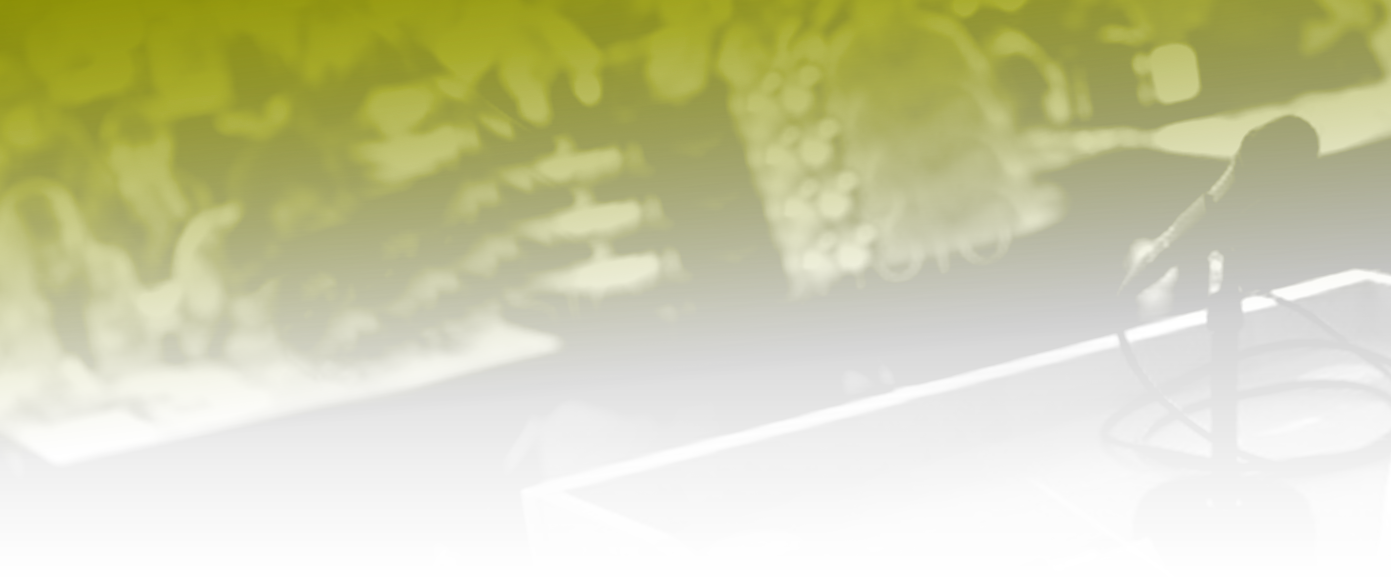The Humanity of Leadership
I am a witness. Over more than three decades it has been my joy and privilege to work with people who have had the courage to take on the mantle of leadership. I have been privy to the challenges, victories and heartbreaks that every person in a position of authority experiences. I am acutely aware of what a monumental task it is to evolve from a person in authority – one who has power over others – to become a responsible Leader.
When we accept the invitation to lead, the cost of not having the tools or awareness to recognize and address the fundamental issues of our own humanity can be serious and lasting.
There are certain assumptions about corporate success that most people accept. When you are good at your discipline, you get promoted. You have authority and you are expected to get a group of other people to do their job well too. You succeed at that. You excel in the arena of tactical solutions. And so, you are promoted. More authority, more people, in more layers. And now you are called a Leader.
Now, you are swimming in a different fish tank – the ‘Leader’ fish tank – where the work is something your years of education didn’t cover. You are no longer solely drawing upon your training as an engineer, accountant, marketer, scientist. Now, your work is to understand and discern the complex nature of human being. Suddenly you are expected to be parent, brother, sister, friend, guru, therapist, fortune teller, mentor, director or general – all those roles, depending on who is interacting with you. Because the people around you are looking to feel safe. And many are looking to you to have that happen – not just those under you in the hierarchy, but those beside and above you.
All of these expectations largely lie under the surface. They live in the unspoken. They are part of the water you are swimming in, in this fish tank called corporate culture. And so, you realize you had better learn about how to be a good Leader. You read leadership books and go to courses. Before long, you have a pretty good idea of what a Leader is supposed to do. You are inspired and put some practices into place. Likely, after a bit, the emergencies, the troublesome people, the messiness of daily life, bleed back in. And you drift back to the familiar, to your own semi-conscious drive to feel safe. To your own humanness.
So, what next?
The accepted wisdom, these days, is that as a Leader, you foster collaboration and empower your people. You create an atmosphere of clarity. You enroll your people in a compelling vision and provide a direct way forward, all while practicing humility, kindness and transparency. Authentically, of course. While you’re at it, you are creating strategy, executing consistently and generating stellar results.
The challenge is that this worthy council is predominantly outward facing. It is a description of how you should be with other people – how they should experience you. I have seen less reference to what needs to happen, inside the skin of every human in a position of authority, in order to consistently have all those things happen. How do you experience yourself? How much space do you grant yourself for that inquiry?
I have concluded this: Everything that occurs in your interactions with other people is a direct reflection of your relationship with yourself. When you accept the role of a Leader, there will be inevitable circumstances where your unaddressed human challenges will in some way be reflected in the behavior of the group of humans that you lead. If there is an atmosphere of threat, or a lack of clarity … the source of the solution rests first inside your skin.
Ask yourself: Am I willing to meet myself as I am … the anxiety, pettiness, jealousy, vindictiveness, irritation, judgement, impatience, the creeping fear that I am not enough? As well as the courage, the brilliance, creativity, ingenuity, kindness, compassion, sensitivity, vision and drive to succeed?
Are you willing to meet all that, with generosity? Enough generosity to declare, truthfully, “Right this moment, I accept it all. I am responsible.”
The leader’s challenge is the human challenge … to have the courage and generosity to create this relationship with yourself first. When that happens, that generosity moves outward. It informs every interaction. Creates every atmosphere. Informs every decision.
Born inside this atmosphere of generosity is the capacity for personal responsibility. With it comes the possibility that a group of people can meet and work together towards a shared vision. This can happen because you have the courage to choose to be responsible for your experience and generate the atmosphere that invites every other person to do the same.
I believe that when you choose to call yourself a Leader, you are bound to a commitment to two human principles – to know yourself and to do no harm – to the best of your ability, in any given moment. When this happens, everyone has agency to choose responsibility, and to grapple with the inevitable complexities, and conflicts, that appear when human beings join forces to make something happen.
This commitment lives itself out through a lifetime. It resides in the character of every interaction and every choice. It requires that you exercise the courage to acknowledge your fallibility and your magnificence, your capacity to do good and your capacity to do harm. With the power of authority comes this truth – the well-being of flesh and blood human-beings rests in your hands. That is what you have signed up for. With the honest taking up of this gauntlet, greatness is possible.
One thing! Greatness doesn’t happen solo. Finding clarity benefits from the support of speaking your experience to a generous listener – whether it is a mentor, a coach or a friend. That choice, in itself, is an act of leadership courage.


Leave a Reply